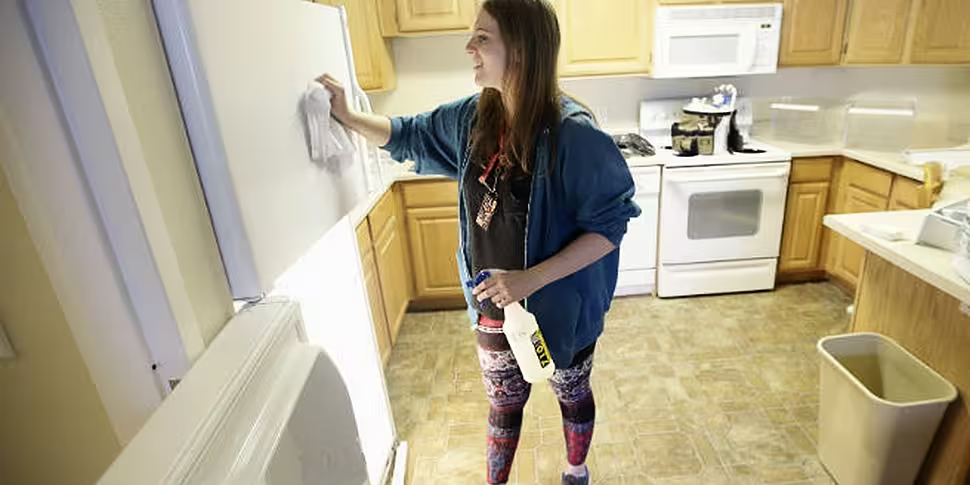A massive shortage of rental accommodation nationwide is already hitting students hunting for a place ahead of registration in the Autumn. They are doubly disadvantaged because many landlords are refusing to take them in this renter's market.
But the problem isn't just scarcity, it's cost.
A new report from property website Daft.ie warns rents are up 25% from their lowest point, while the supply of rental accommodation is more inadequate than ever.
UCD Student Union spokesman David Burns says the cost of student accommodation is set to rise 40% this year.
Newstalk.com has produced this budget planner to help you organise your year.
The Union of Students Ireland has produced this template to help you figure out your income and expenditure.
Your estimated costs
When drawing up your budget you should remember to include some of the following estimated costs.
Rent
In the ever popular student heartland of Rathmines, Dublin, you can expect to pay €1,008 for a 1-bed place; €1,489 for a 2-bed; €2,226 for a 3-bed or 4-bed €2,806.
So, a student who took one room in a four bedroom house might expect to pay €700. If the student is willing to share their room, the cost might be halved.
That means you can expect to pay between €350 and €700 to leave in one of Dublin's most expensive rental neighbourhoods.
Registration
In our supposedly system of education, third level institutions currently charge tuition fees, capitation fees and a student contribution.
You should expect to pay in the region of €3,500 - depending on your institution.
Food & bills
Expect to spend at least €50 a week on groceries.
Energy will cost you somewhere around €20 a month - that could be your gas and electricity for example.
A good phone plan will run to €40 a month, at the least.
Bin charges will run to about €20 a month for the household.
Remember that under the new rules tenants are liable for the new water charges. They are capped at €260 for a household with two or more adults. Make sure your household applies for their €100 conservation grant.
Transport costs
Transport costs will vary, depending on where you live but they are a considerable cost.
If you are paying high rents and living in a central location (as we've costed above) you might be able to walk or cycle to college. But if you live further out and consequently make savings on rent, you will pay more for transport.
Check out Transport for Ireland's website for more details.
Other costs
You will also need money for books, socalising and clothes.
TV and internet costs will depend on whether you go for a basic package, or something with all the bells and whistles.
You also need to consider the cost of repaying any loans you might have, and the cost of insurance your belongings in your new home.
When you are working out your costs, don't forget that you will probably be going home for the summer, so your costs are by the months - but only for nine months of the year.
Save save save
The final piece of advice for students is to try and save a little bit every month, even if it is only a few euro.
It might seem impossible, but it could help you deal with an unexpected cost like a doctor's visit or a class trip.










